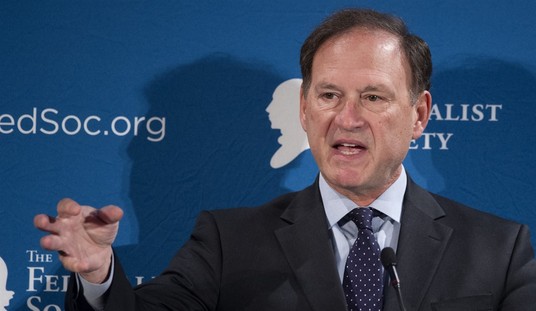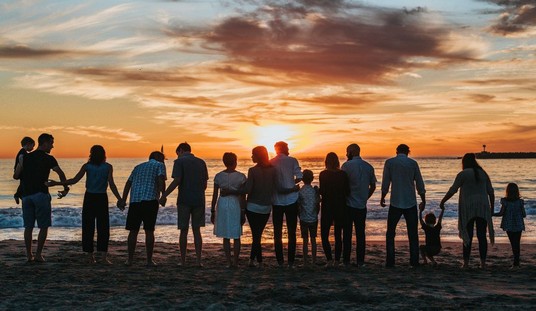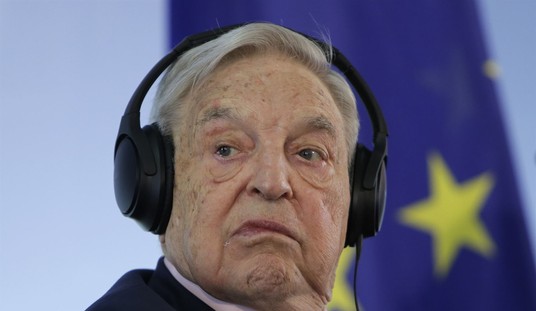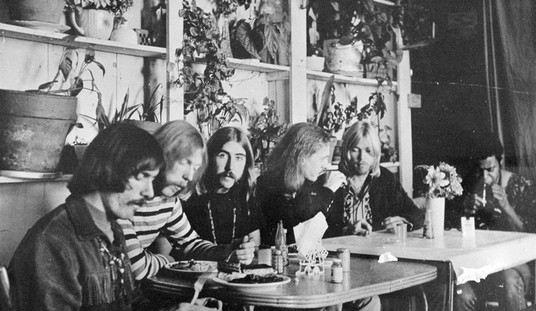The British magazine The Economist has a fascinating story in its April issue about how converts to Islam are more likely to become radicalized and engage in terrorism than those who were raised Muslim.
The article notes that “in France, Germany and the Netherlands, converts are around four times as likely as lifelong Muslims to go to fight in Syria and Iraq.” In Great Britain, 4 percent of Muslims are converts, but 12 percent of home-grown jihadists are converts. In the United States, the ratio is less severe; while 20 percent of Muslims converted to Islam, “only” twice that percentage of suspected IS recruits are converts: 40 percent. Scholarly studies have also found a disproportionate susceptibility to radicalization among converts.
This is an underrecognized and underappreciated fact, even among counterterrorism policy-makers, the story states, despite the fact that it ought to have profound implications both for understanding and preventing Islamic radicalization and for recognizing threats. The importance of the implications being clear, there is still no consensus as to the explanation for the disproportionate radicalization of converts versus native-born Muslims.
The article notes a few prevailing, but inconclusive, theories:
Some argue that this is because of their “double marginalisation”, by both bewildered non-Muslim friends and sceptical native Muslims, leaving them vulnerable to the overtures of radicals. According to defectors from IS, recruiters particularly prize new converts because they are harder for intelligence services to trace.
Others note that many conversions to Islam in the West occur in prison. Peter Neumann of King’s College London provocatively contends that jihad “has become a counter-culture—the most bad-ass way of going against society.”
Each theory on its own seems possibly to partially explain this phenomenon (the first explanation’s placing the blame implicitly on marginalizers notwithstanding). However, my layman’s hypothesis is these other explanations are incorrect because they assume that these people radicalize because they are converts, whereas I believe that the reason for conversion is similar to the reason for eventual radicalization. That is, where most theories assume the state of being converted is a cause of radicalization, I think there is only a correlation; conversion, for these eventual radicals, is part of a path to radicalization begun earlier due to some prior cause.
This may or may not have been already hypothesized by scholars (if so, it is unmentioned by The Economist) and I have no idea of real evidence for this explanation exists. However, it is curious that almost no immigrant Muslims have ever carried out terrorist acts in the United States (and even fewer refugees), yet there are a small but chilling number of attacks carried out by radical Islamists. They were radicalized here.
(This is generally the case even when the when the perpetrator was previously Muslim. Think, for example, of the Orlando nightclub shooter, Omar Mateen, or the San Bernadino shooters, Syed Rizwan Farook and Tashfeen Malik.)
Both Farook and Mateen had troubled childhoods, something that appears more likely among terrorists who are not Islamic radicals. The former were already Muslim, while the latter never converted, but people often seek solace, understanding or an outlet through new associations and beliefs, such as religious conversion.
Perhaps in some cases, religion is not enough. The frustration, anger and pain are too much and something stronger is necessary. In such cases, a person may be more open to the evil overtures from IS or others, especially since most radical beliefs, like violent jihad, come with a prepackaged a cause or villain by which to externalize one’s issues.
The Economist article explains that reasonable explanations are hard to come by due to “the sheer diversity of cases” and it is probably correct that there is no one overarching reason. Still, one of the anecdotal radicals was a Washington, DC transit-police officer, arrested last year for supporting IS. He was also a Nazi sympathizer, another evil ideology that could be used to externalize, rather than take responsibility for or properly deal with, issues.
Ultimately, it may not be as necessary to understand why conversion to Islam is more likely to correlate to radicalization than being raised Muslim as it is to merely recognize that fact. Reforming counterterrorism policy to reflect reality could make a great difference on its own.













Join the conversation as a VIP Member